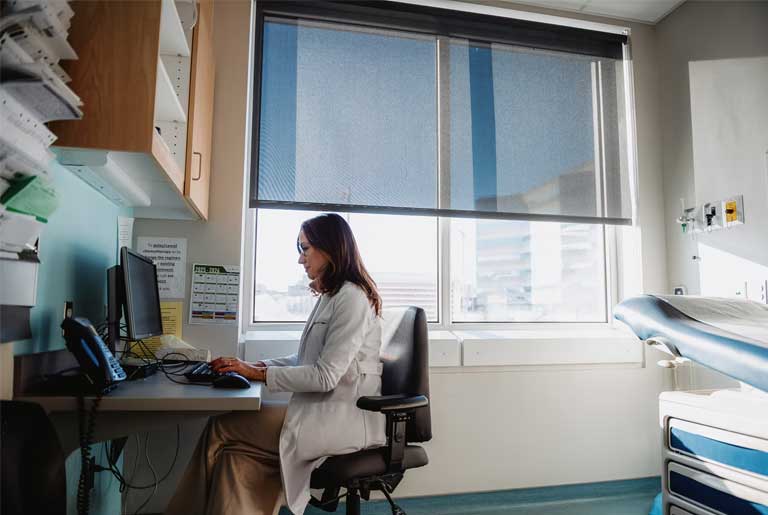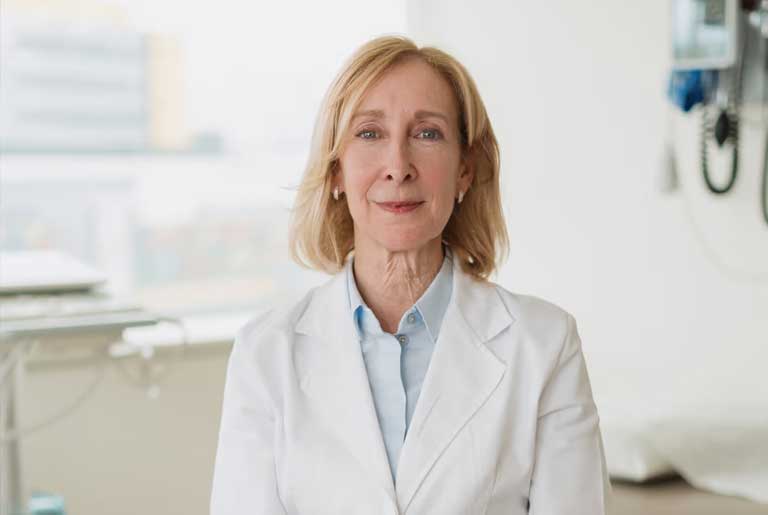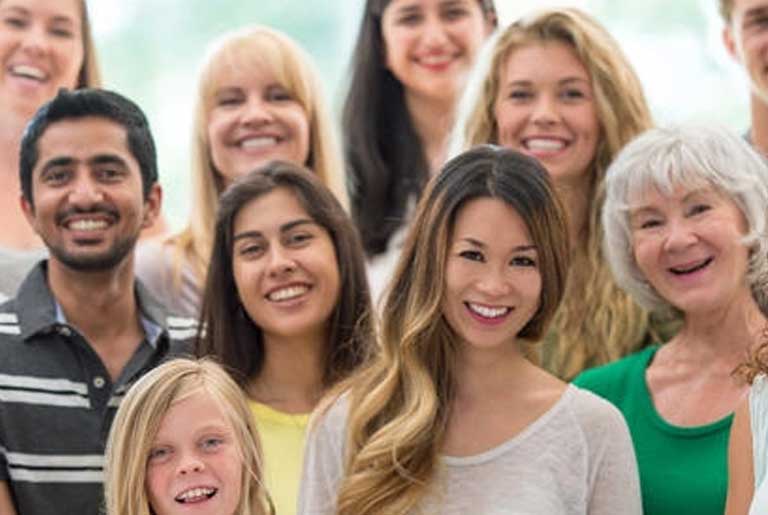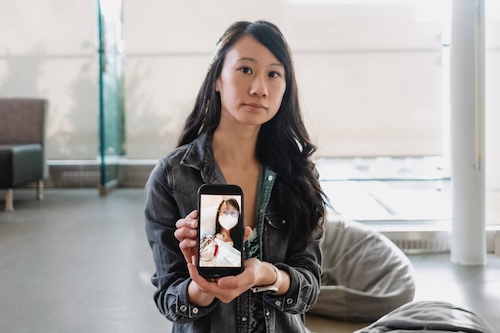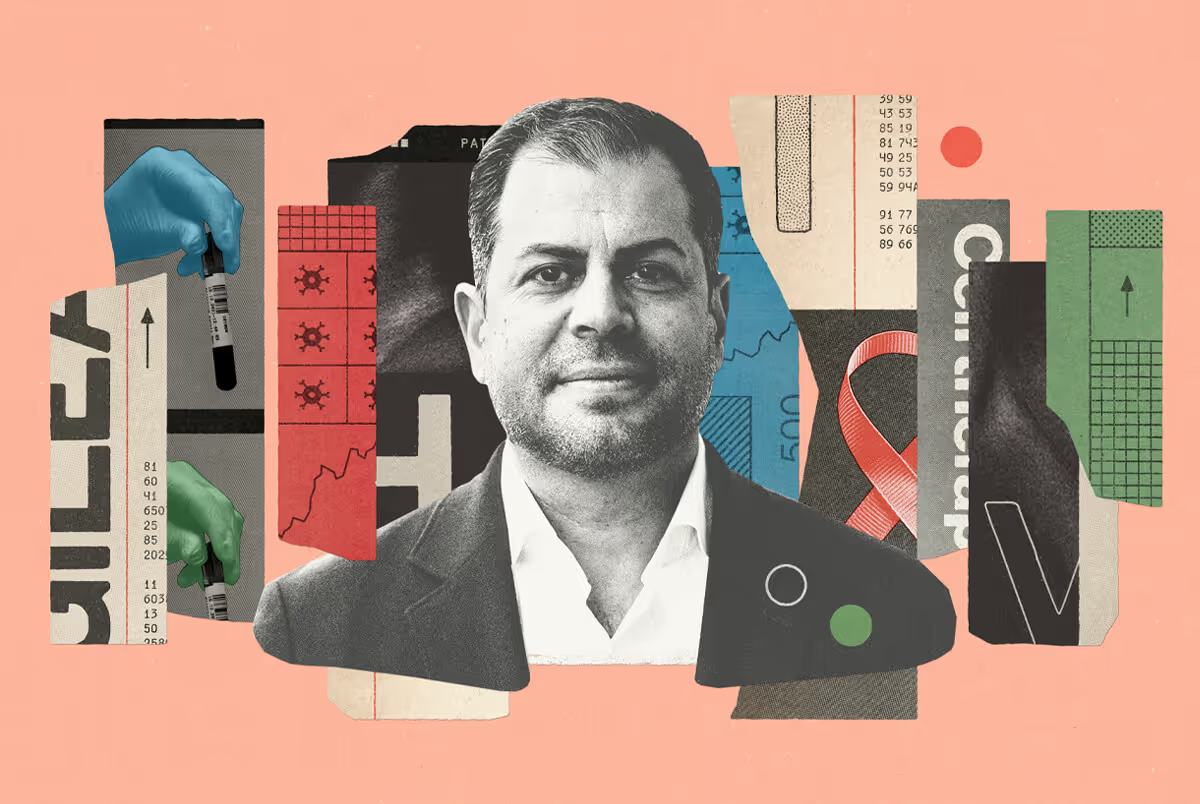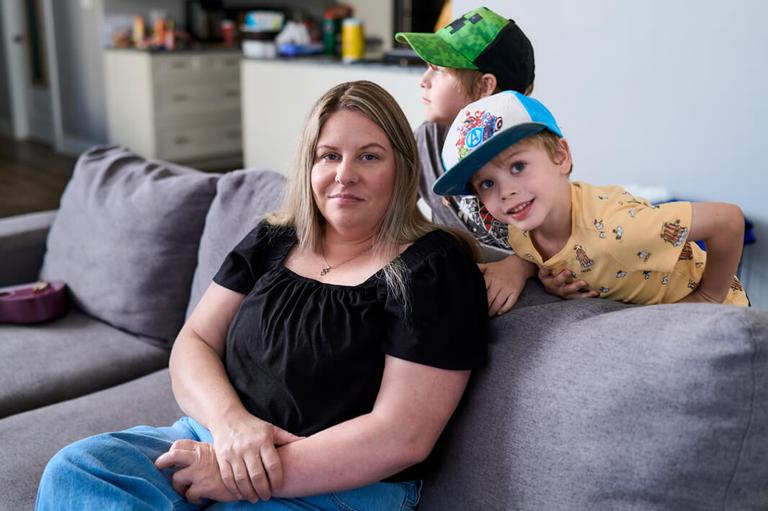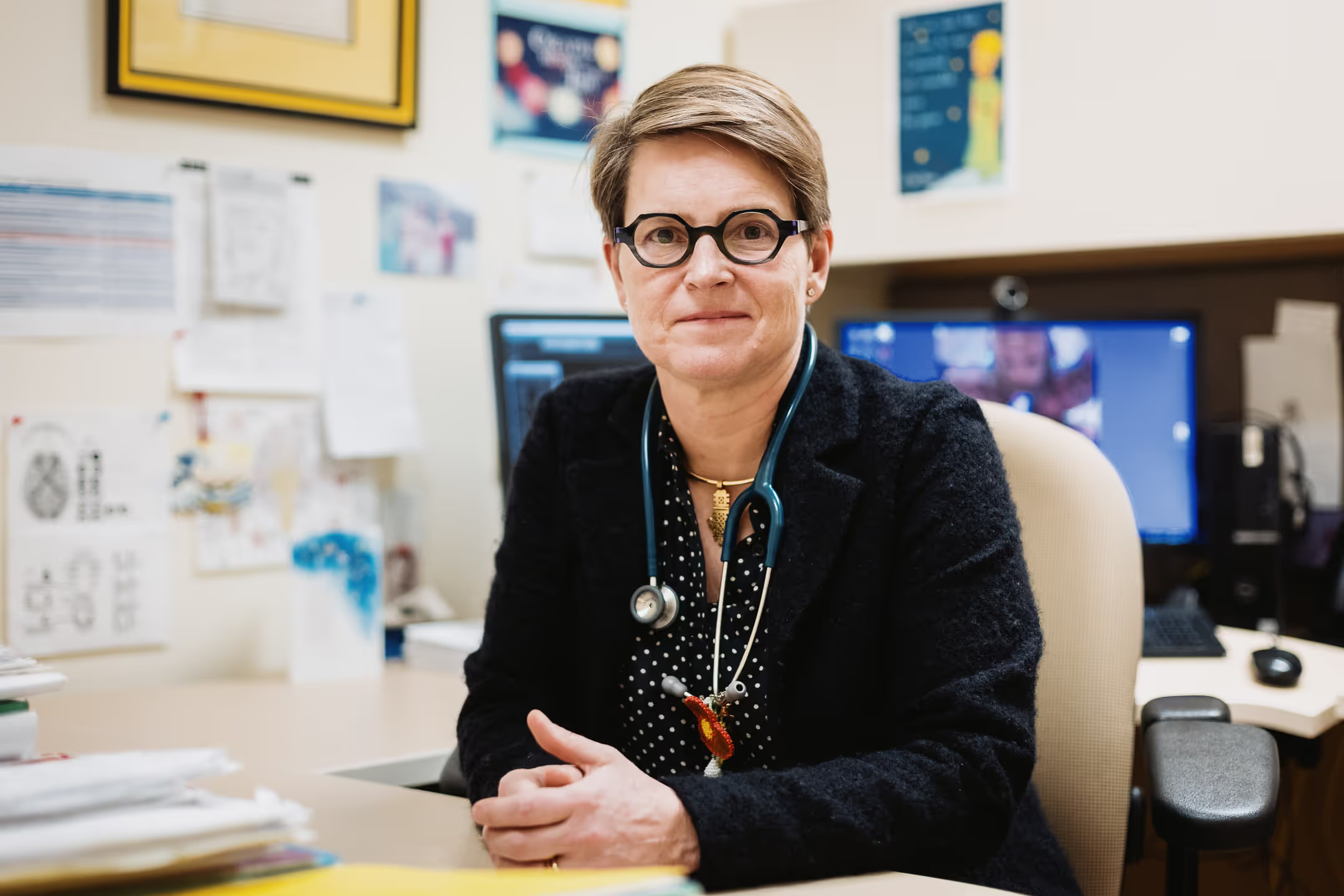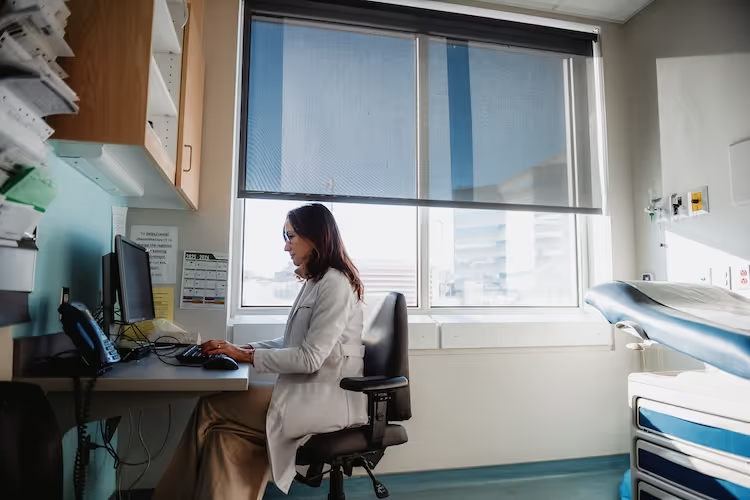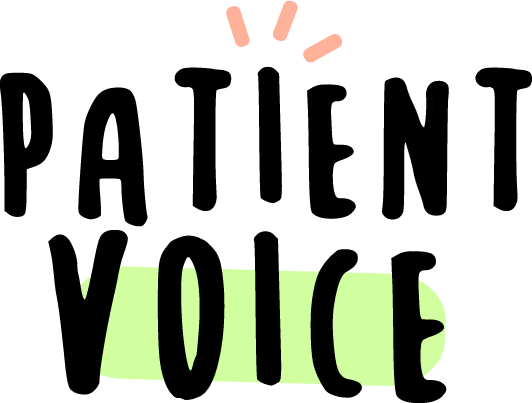“I’m 38 years old, and it’s only in the last year and a half that I’ve finally had an answer as to why my body doesn’t behave like that of a regular 38-year-old person. I understand that there’s really no such thing as ‘normal,’ but I also know that most people my age haven’t dealt with nearly as many health problems and surgeries as I have. Since I was in my mid-20s, there has always been something going wrong with my health.
When I was 26, I suddenly fainted while at a restaurant with friends. I woke up in the ER and they told me: ‘You have a brain tumour.’ It was a total shock. It felt like the end, but it was just the beginning. I went through two brain surgeries, radiotherapy, the whole shebang. During my recovery, I connected with the community and met other people with brain tumours. The sense of kinship I found in that community, at a time when I felt so alone, proved essential for seeing me through what came next.
“I understand that there’s really no such thing as ‘normal,’ but I also know that most people my age haven’t dealt with nearly as many health problems and surgeries as I have.”
Asthma, diabetes, gastrointestinal issues, thyroid nodules, masses in my breasts. And doctors dismissing all of these as unconnected. But finally, testing confirmed that there was a genetic condition tying it all together. I have Cowden syndrome, a rare disorder that increases the risk of many types of cancer and also causes non-cancerous growths throughout the body.
Living with this means that my health is always under siege. Every new bump could be another cancer. And there are always new bumps. Even when it’s not cancer, it takes a toll. I have to pace my concern, making space for the rest of my life. C’est la vie. Sometimes it’s hard. Sometimes it’s painful. But I keep my hopes and dreams small, and I find little ways to thrive.
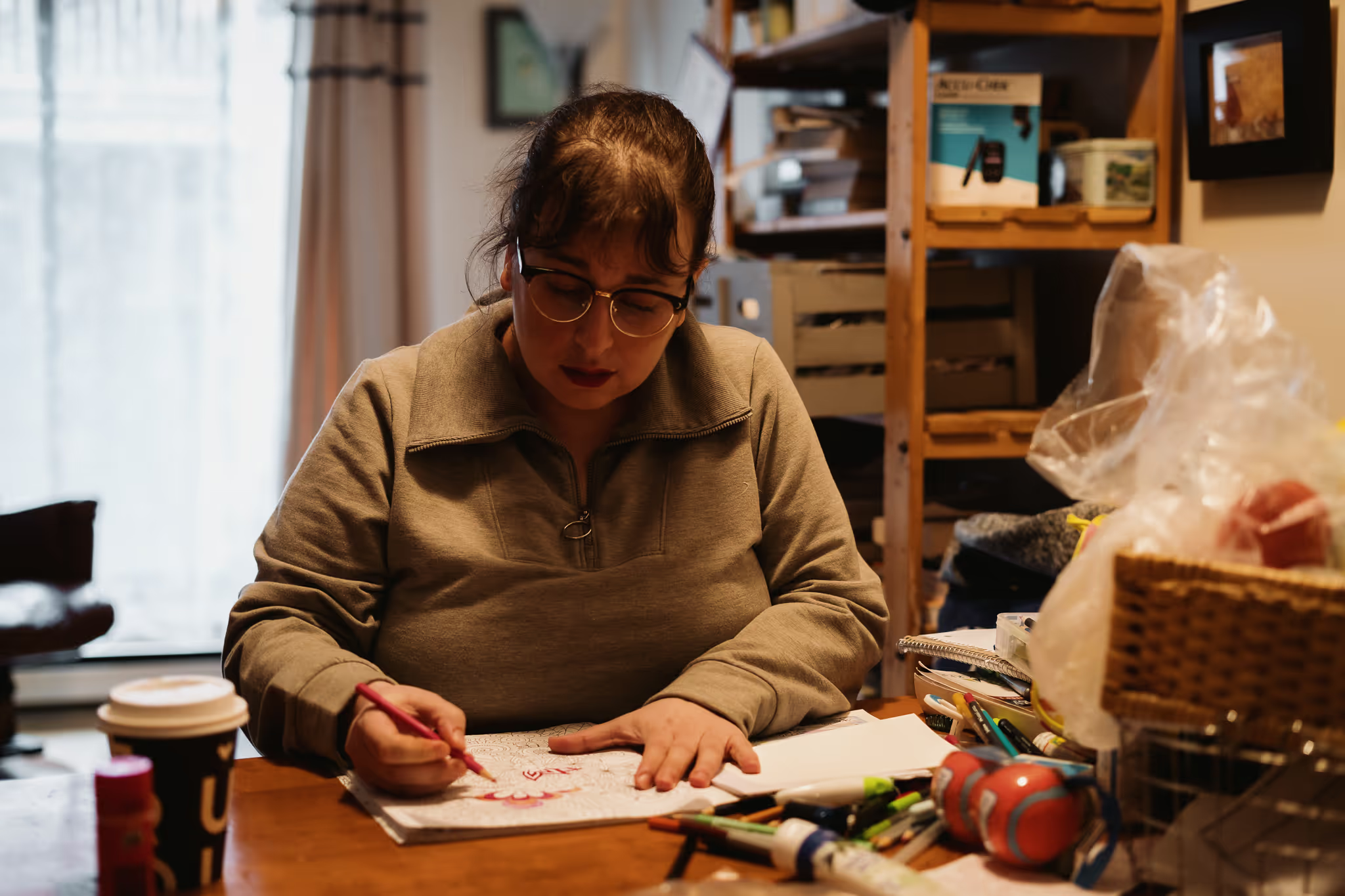
I spend an evening enjoying a meal and some board games with my friends. That’s a victory. I help take care of the dogs in my neighbourhood. I volunteer at a hospital. These are ways to give back and contribute. Being useful is part of how I heal. Chronic illness can take up so much space in your life. You have to surrender to that sometimes. But I do what I can with the space that’s left. That’s how I keep my humanity.”
